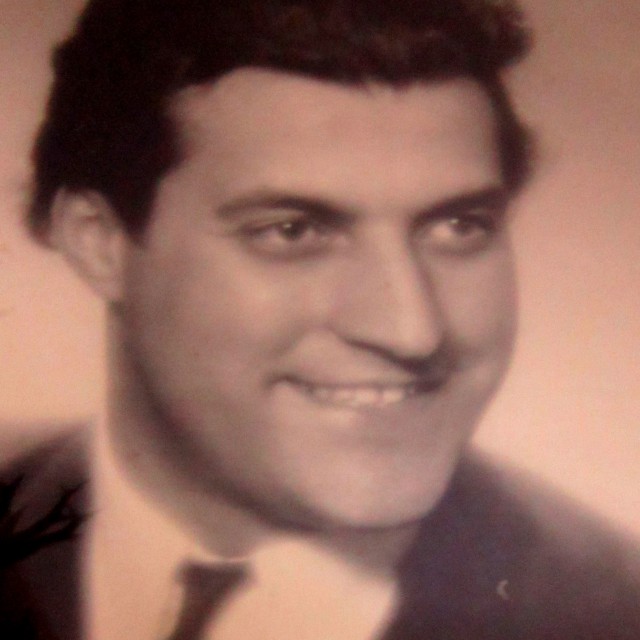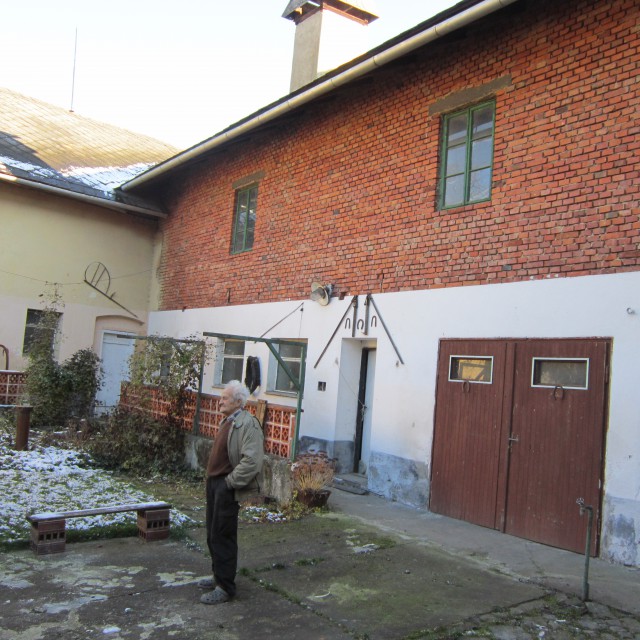They would hide the weapons in the oast house
Jan Sklenář recalls that on July 2, 1939, his father helped hide weapons belonging to the resistance organization “Defense of the Nation” at their ranch in Vacanovice. The weapons included machine guns, military rifles with mounted bayonets, ammunition, hand grenades, rocket pistols, gas masks, and equipment belonging to the SOS team from Bruntál. Then 17-year-old Jan helped carry the guns into the oast house. “We carried the weapons to the oast house under the condition that they’d take them away before the harvest season began. When they carried away a small portion of the weapons later on, it somehow leaked and all those who had organized it were arrested. Thus, the rest of the weapons remained in our oast house. It got close to the hops harvest and my father was frustrated with all the weapons lying in his oast house. Everybody was afraid to touch them after it had been revealed,” says Jan Sklenář. He and two of his siblings eventually carried the weapons away to the attic of one of the adjacent buildings. Almost all of the arrested resistance fighters were later executed in Wroclaw (German: Breslau).
Hodnocení
Hodnotilo 0 lidí
Routes
Not a part of any route.
Comments
No comments yet.




